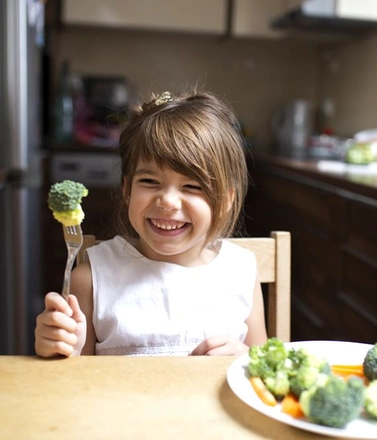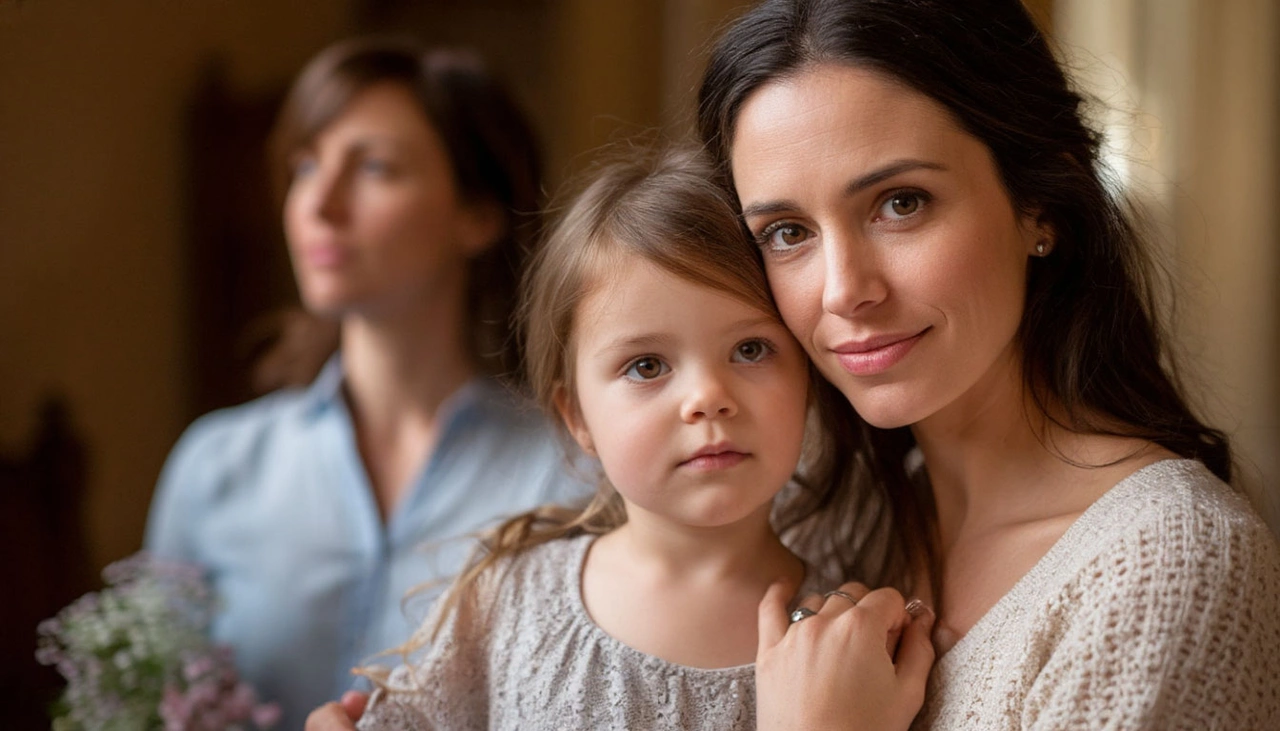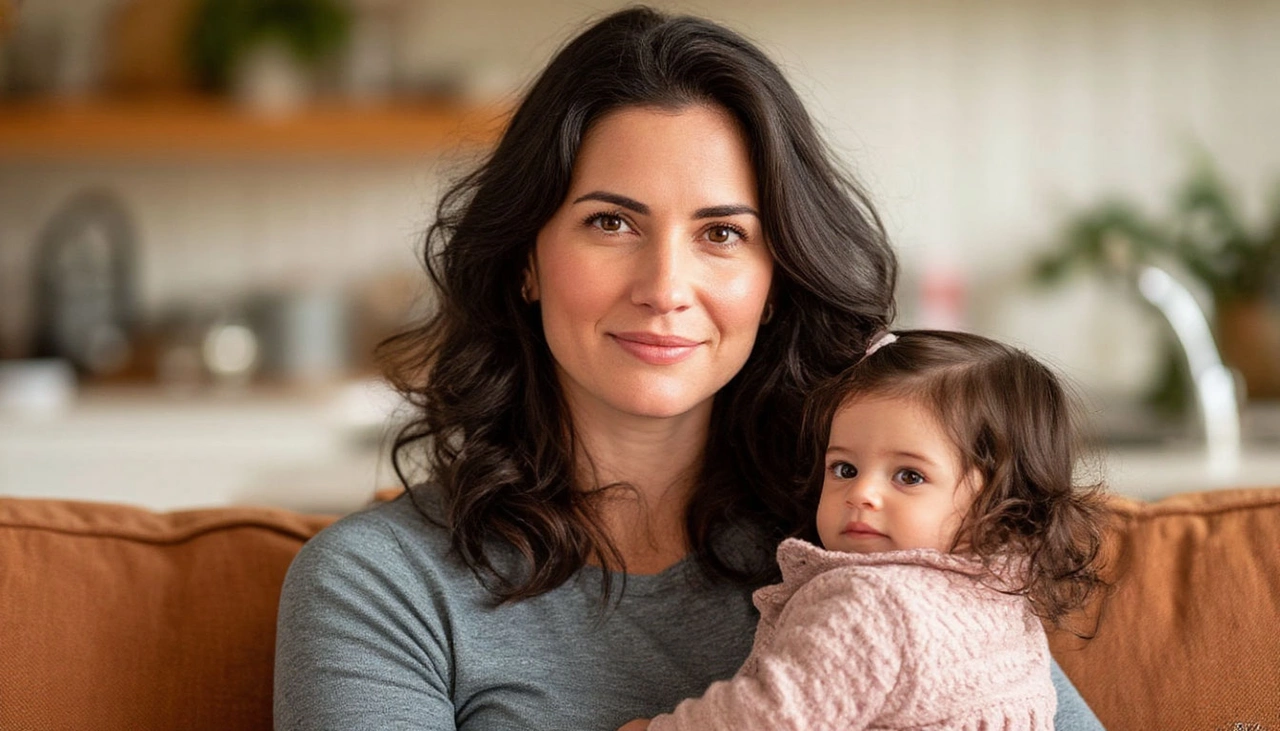Child Development Posts on Crowch
The food choices we make as adults are often deeply rooted in our earliest experiences with eating. From the way our caregivers introduced us to meals, to the emotional associations we developed with food, childhood eating habits lay the foundation for lifelong patterns that influence our health, behavior, and even our relationship with ourselves.
During the formative years—particularly from ages 2 to 7—children begin to build their sensory preferences and emotional connections to food. If a child is regularly offered a variety of fruits, vegetables, whole grains, and balanced meals, they are more likely to develop a taste for these foods and maintain healthier eating habits into adulthood. On the other hand, children frequently exposed to high-sugar snacks, processed foods, or restrictive mealtime rules may grow up to rely on these items for comfort, convenience, or emotional regulation.
One of the most powerful aspects of early eating behavior is its emotional imprint. For example, many children are rewarded with sweets for good behavior, which can create an unconscious belief that sugary treats are a source of happiness or a coping mechanism for stress. Similarly, children who are forced to "clean their plate" even when full may struggle later in life to recognize natural hunger and fullness cues, leading to overeating or disordered eating patterns.
These deeply ingrained habits are not merely behavioral; they also have psychological and physiological consequences. Emotional eating, poor portion control, and preference for processed foods are linked to increased risks of obesity, metabolic disorders, and mood fluctuations in adulthood. Furthermore, research in nutritional psychiatry suggests that poor diet quality early in life may be associated with a higher risk of anxiety, depression, and low cognitive performance later on.
Fortunately, change is possible. By becoming aware of how our early food environment shaped our current behaviors, we can begin to dismantle harmful patterns and rebuild a healthier relationship with food. This might involve identifying emotional triggers for eating, experimenting with new types of foods, practicing intuitive eating, or working with a dietitian or therapist. Reframing our thinking from “what’s wrong with my willpower?” to “what did I learn about food growing up?” opens the door to meaningful and sustainable change.
In conclusion, childhood eating habits have a profound and lasting impact on our adult lives. They shape not just what we eat, but why and how we eat. By understanding these early influences, we gain the power to make conscious, healthful decisions that support our well-being far beyond childhood. Food is not just fuel—it is part of our identity, history, and future.


Hello again, friends 💕 Can I share something I’ve been working through lately? For a long time, I chased this idea of being the “perfect” mom, wife, friend, woman. You know the one—always patient, always organized, house sparkling, kids smiling, dinner on the table and healthy and Instagram-worthy. Oh, and don’t forget: still making time for date nights, workouts, creative hobbies, and self-care. (Exhausted yet? I sure was.)

Somewhere along the way, I realized I was holding myself to a standard that no one had actually asked of me. Not my kids. Not my husband. Definitely not my real-life friends (who are also just trying to keep up with laundry and remember what day trash pickup is). It was all in my head. A mix of social media highlight reels, my own expectations, and that little inner voice that whispers, “You’re not doing enough.” But here's what’s changed: I’ve started giving myself permission to be good enough. Not in a lazy, give-up kind of way—but in a grace-filled, human kind of way.

Dinner doesn't have to be homemade every night. Sometimes it’s cereal and scrambled eggs, and no one minds. The house can be messy and still be full of love. I can lose my patience, apologize, and still be a great mom. I can say “no” to some things and still be a good friend. I’ve learned that when I let go of perfect, I make space for something more real: connection, peace, presence. My kids don’t need a perfect mom. They need me—imperfect, sometimes tired, often silly, and always loving.

So if you’re in a season of self-doubt, comparison, or just plain overwhelm… you’re not alone. Let’s stop measuring ourselves against impossible standards and start celebrating the fact that we’re showing up, every day, with love. And that, my friends, is more than enough. 💗